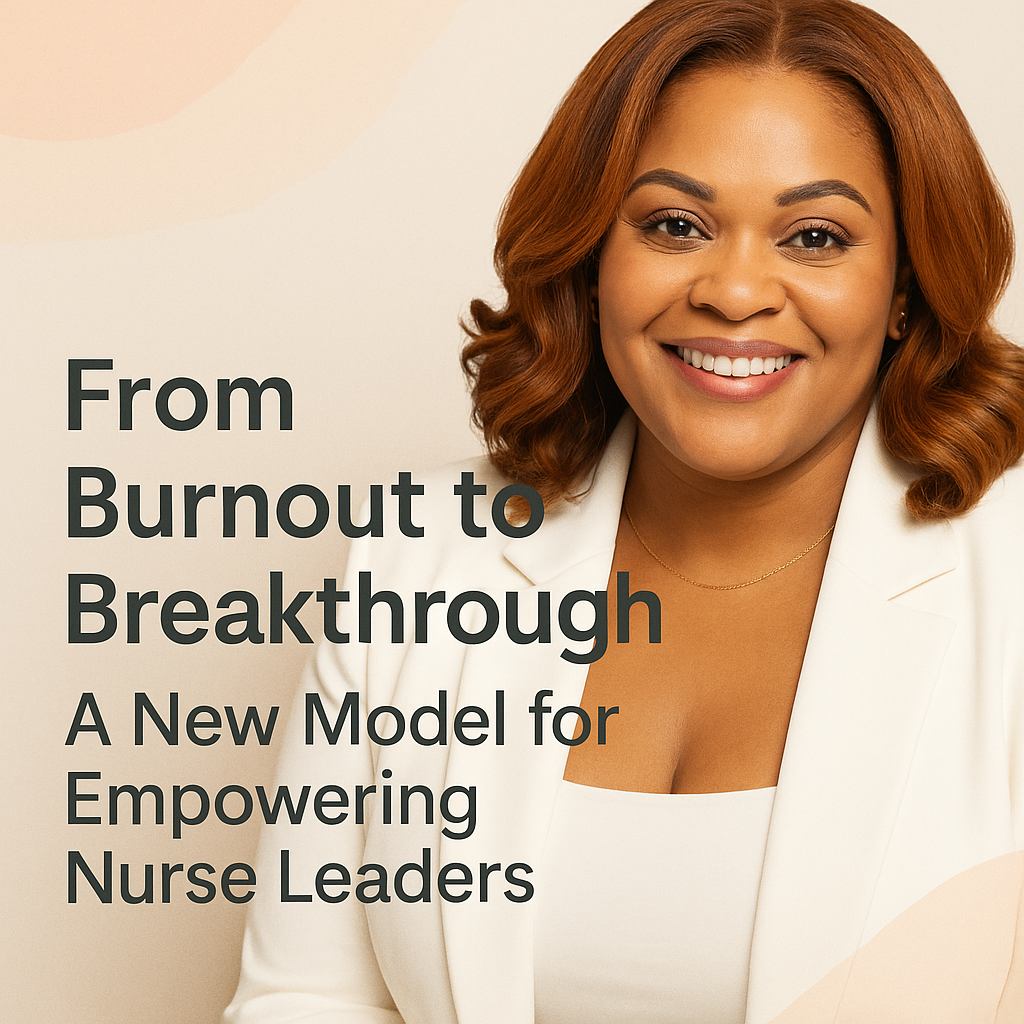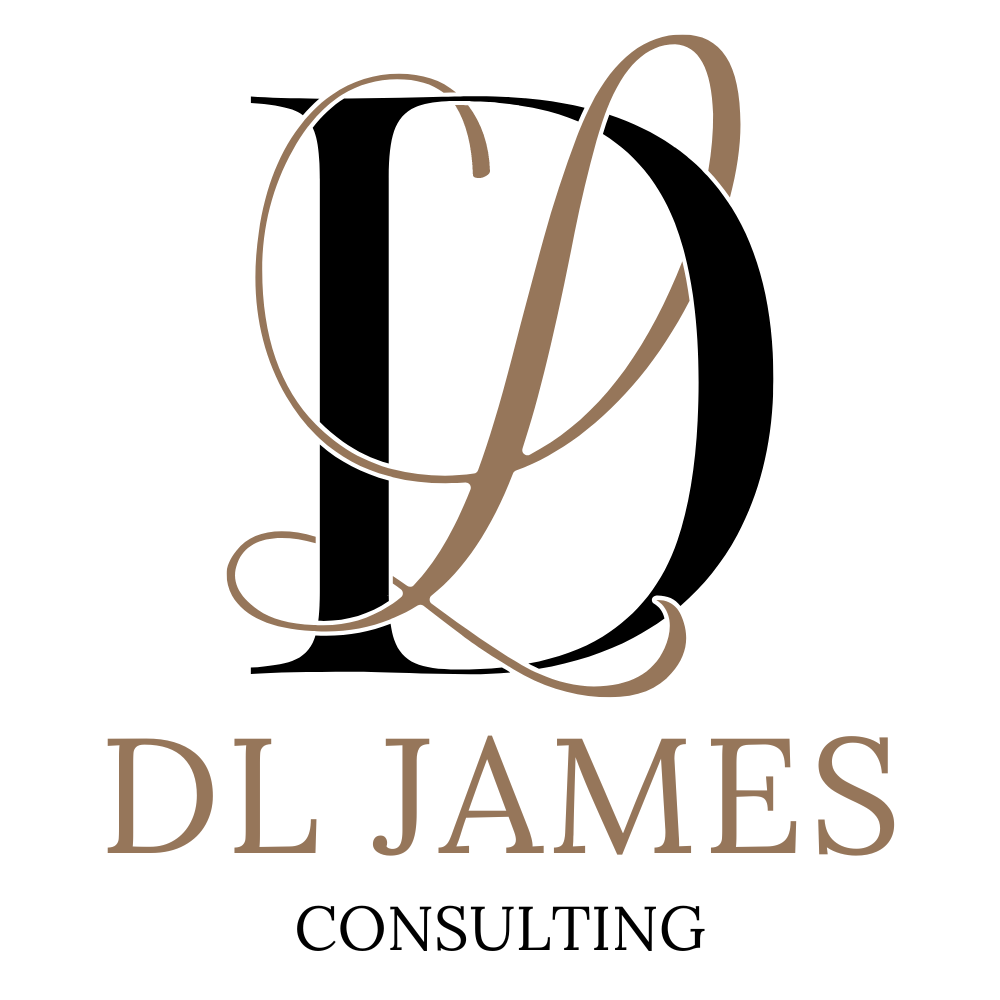From Burnout to Breakthrough: A New Model for Empowering Nurse Leaders
A New Model for Empowering Nurse Leaders

The healthcare industry stands at a critical crossroads. While medical advances continue to push boundaries and patient outcomes improve, a quiet crisis unfolds in nursing management corridors across hospitals, clinics, and healthcare systems nationwide. Nurse leaders the backbone of healthcare operations are bearing an unsustainable burden that threatens not only their personal well-being but the very foundations of quality patient care.
The Hidden Crisis in Healthcare Leadership
Across the healthcare landscape, nurse leaders are stretched thin in ways that extend far beyond visible workload challenges. These are high performing, mission driven professionals who entered healthcare with a calling to heal and serve. Yet many find themselves managing quiet burnout, systemic disregard, and diminishing returns on their hard-earned expertise. The statistics paint a sobering picture: healthcare leadership turnover rates continue climbing while job satisfaction plummets, creating a perfect storm that threatens nurse retention across the industry.
The cost isn't merely personal though the human toll cannot be understated. Organizations are hemorrhaging their most valuable assets: experienced leaders who understand both the clinical complexities and operational nuances that keep healthcare systems functioning. When nurse leaders burn out or leave, they take with them years of institutional knowledge, relationship networks, and the kind of seasoned judgment that cannot be quickly replaced.
This crisis demands more than band aid solutions. It requires a fundamental reimagining of how we support, develop, and sustain healthcare leadership. The traditional model of promoting excellent clinicians into leadership roles without adequate support structures has created a generation of leaders who excel despite the system, not because of it.
Beyond Survival: A Vision for Thriving Leadership
The healthcare industry needs a new model one that empowers nurse leaders to thrive, not just survive. This healthcare transformation begins with recognizing that effective nursing management requires a unique blend of clinical expertise, business acumen, emotional intelligence, and personal resilience. Traditional leadership development programs often address these elements in isolation, failing to create the integrated approach that healthcare environments demand.
Healthcare workplace wellness isn't a luxury for nursing leadership; it's a professional imperative. When leaders are equipped with tools to protect their well-being while maximizing their impact, entire organizations benefit. Values-aligned leadership ensures that the mission-driven nature of healthcare work remains central while building the nursing leadership skills necessary for sustainable growth and organizational success.
Reclaiming Purpose in Leadership
One of the most profound challenges facing nurse leaders today is the erosion of their original sense of purpose. Many rose through the ranks because of their dedication and clinical excellence, driven by a deep commitment to patient care and healthcare improvement. However, the relentless demands of modern healthcare administration budget constraints, regulatory compliance, staffing shortages, and operational pressures can gradually disconnect leaders from their foundational mission.
Reclaiming purpose isn't about motivational slogans or surface level inspiration. It requires actionable realignment that reconnects leaders with their core values while providing practical frameworks for expressing those values through their leadership practices. This process involves deep reflection on what originally drew them to healthcare, honest assessment of current challenges, and strategic planning that bridges the gap between idealistic mission and realistic execution.
Effective purpose realignment helps leaders understand that their administrative responsibilities aren't separate from their care mission they're extensions of it. Budget management becomes resource stewardship for better patient outcomes. Staff development becomes an investment in the next generation of caregivers. Policy implementation becomes a tool for systemic improvement. When leaders can see these connections clearly, their work regains meaning and their energy becomes renewable rather than depleted.
Building Leadership Power Without the Burnout
A fundamental misconception in healthcare leadership is that powerful leadership requires constant overextension. This belief has created a culture where leaders feel compelled to be available 24/7, to personally handle every crisis, and to sacrifice their well-being for organizational needs. This approach is not only unsustainable it's counterproductive.
Powerful leadership actually emerges from influence, not intensity. Leaders who learn to delegate effectively, build strong teams, and create systems that function well in their absence are far more powerful than those who try to control every detail through personal involvement. This shift requires both mindset changes and skill development.
Executive coaching tailored for healthcare leaders addresses these challenges by helping leaders identify their unique strengths, develop strategic thinking capabilities, and build the interpersonal skills necessary for influence-based leadership. Wellness-infused development models ensure that personal sustainability remains central to professional growth, creating leaders who can maintain their effectiveness over entire careers rather than burning out in their prime years.
Organizations that invest in this approach consistently see measurable improvements: enhanced nurse retention, improved staff morale, stronger healthcare team building, and better patient satisfaction scores. These outcomes occur because sustainable leadership creates positive ripple effects throughout the entire organization, supporting both nurse empowerment and operational excellence.
Creating Possibility with Strategic Wellness
For healthcare organizations, investing in nurse leader wellness represents a strategic imperative rather than a nice-to-have benefit. When leaders are operating from a place of wellness and clarity, they make better decisions, communicate more effectively, and inspire higher performance from their teams. Healthcare burnout solutions go beyond traditional employee assistance programs to create comprehensive frameworks that integrate well-being into nursing career advancement.
This approach recognizes that nurse managers need specialized tools for managing the unique stressors of their environment. They need strategies for maintaining perspective during crises, techniques for processing the emotional weight of life-and-death decisions, and methods for sustaining energy during demanding schedules. They also need business acumen that extends beyond clinical expertise, including financial literacy, change management skills, and strategic planning capabilities essential for nursing excellence.
Possibility expands when professionals are given comprehensive tools to protect their peace, navigate change effectively, and develop the full range of competencies required for modern nursing leadership. Whether delivered through private healthcare leadership consultant services, healthcare organizational development programs, or enterprise wellness initiatives, these frameworks must be designed to align high performance with sustained well-being.
From Reaction to Intention: A Call for Systemic Change
The healthcare industry has operated in reactive mode for too long when it comes to nurse manager support and leadership development. Traditional approaches wait until leaders show signs of burnout before intervening, or they provide generic healthcare leadership training that doesn't address the specific challenges of nursing environments. This reactive approach is both expensive and ineffective.
Healthcare systems can no longer afford to lose their most valuable leaders to silent suffering. The cost of leadership turnover including recruitment, onboarding, lost productivity, and decreased team morale far exceeds the investment required for proactive leadership support. More importantly, the human cost of allowing dedicated professionals to burn out contradicts the fundamental values that drive healthcare work.
Moving from reactive to intentional requires systemic thinking and long-term commitment to healthcare staff development. Organizations must recognize leadership development as a core competency rather than a peripheral function. They must create cultures that support vulnerability and growth rather than demanding perfection and self-sacrifice. They must provide ongoing nurse leader coaching rather than one-time training events.
When purpose, power, and possibility align through intentional leadership development, transformation follows naturally. Leaders who are connected to their mission, skilled in sustainable leadership practices, and supported by strategic wellness frameworks become catalysts for organizational excellence.
Building Something Better Together
The challenges facing healthcare leadership are complex, but they are not insurmountable. The solution lies in partnership between individual leaders committed to their own growth and organizations willing to invest in comprehensive leadership development. This collaboration must extend beyond traditional boundaries to include coaching, consulting, educational events, and ongoing support systems.
Healthcare leaders ready to elevate their careers need more than generic leadership advice they need specialized guidance that understands their unique challenges and opportunities. Healthcare organizations committed to retaining and empowering their leadership talent need more than employee benefits they need strategic frameworks that integrate leadership development with operational excellence.
The Health & Wealth Expo and similar initiatives represent the kind of bold solutions this moment in healthcare demands. By bringing together individual development with organizational strategy, these programs create the comprehensive approach necessary for sustainable transformation.
This work extends beyond typical leadership development because it addresses the whole person and the whole organization. It recognizes that healthcare leadership is inherently challenging and requires specialized support. It acknowledges that the stakes both personal and professional are higher in healthcare than in most industries.
This is more than leadership development. It's legacy work that will shape the future of healthcare for generations to come. The nurse leaders we support and develop today will determine the quality of care available tomorrow. The organizations that invest in comprehensive leadership development now will become the healthcare institutions that others aspire to emulate.
The time for incremental change has passed. Healthcare needs transformed leaders who can navigate complexity while maintaining their humanity, who can drive organizational success while protecting their well-being, and who can honor their mission while building sustainable careers. This transformation is possible, but it requires intentional action from both individuals and organizations committed to building something better together.
Share:



